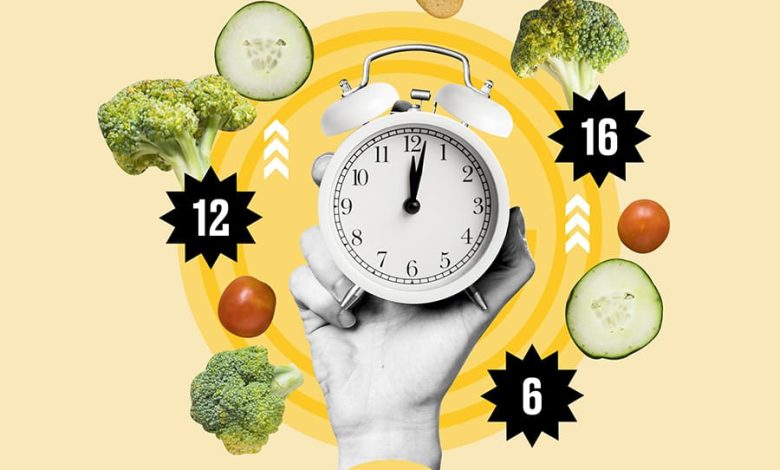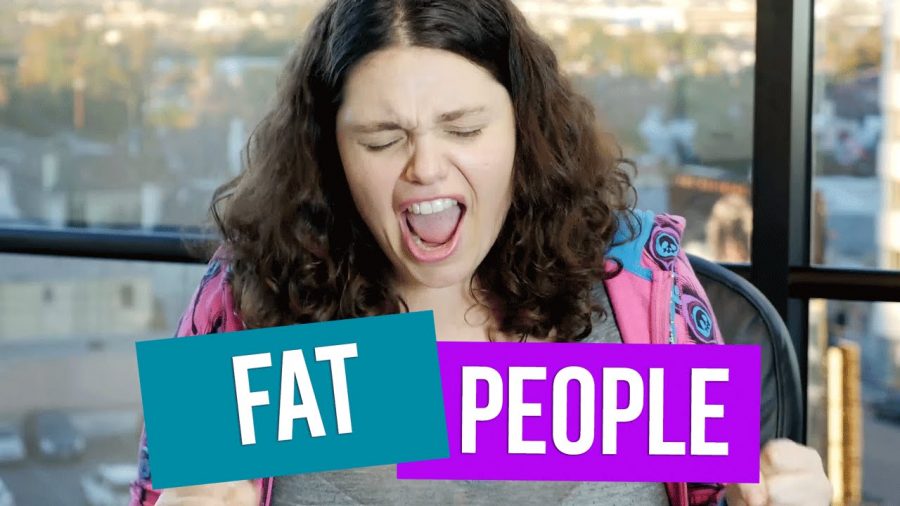
Intermittent Fasting: Is It Really Good for You?
What Even Is Intermittent Fasting?
In simple words, it’s not about what you eat, but when you eat.
The most popular version is called 16:8—which means you fast (don’t eat) for 16 hours and eat during an 8-hour window.
So, you might eat lunch at 12, dinner at 8, and that’s it. No breakfast, no snacks.
Other versions include:
5:2 method – Eat normally for 5 days, eat very little on 2 days
OMAD (One Meal a Day) – Literally just one big meal a day
It sounds intense, but many people say it helps them feel lighter, more focused, and in control.
Why People Swear By It
Here’s why intermittent fasting has become such a trend:
You might lose weight
When you eat in a smaller window, you often naturally eat less. No midnight snacking. No mindless munching.
Your stomach gets a break
People who feel bloated often say IF helps their digestion calm down.
Your energy might improve
Strange but true—many people say they feel more alert in the mornings without breakfast.
It feels simple
No calorie counting, no strict diets. Just… don’t eat for a few hours. That’s it.
But It’s Not for Everyone
Let’s get honest. It’s not all sunshine and six-packs.
You might feel weak, tired, or moody
Not everyone thrives on an empty stomach. Some people feel dizzy, anxious, or irritable. (You skipping breakfast + a stressful day = not fun.)
It can mess with your hormones
Especially for women. Your body needs fuel to manage hormones, periods, moods, and energy. Going long hours without food can throw things off balance.
It can make food feel like a “guilt zone”
Some people become too focused on their eating window and start obsessing over timing instead of listening to their body.
So, Should You Try It?
Ask yourself:
Do I often overeat or snack late at night?
Am I generally healthy, without any medical issues like diabetes or low BP?
Do I want to simplify my eating instead of following a strict diet?
If yes, you could try it slowly.
Start with 12:12 (eat for 12 hours, fast for 12), and see how you feel. There’s no medal for doing the most intense version right away.
Real-Life Example: What a Day Might Look Like (16:8)
8:00 AM – Black coffee or lemon water (no sugar!)
12:00 PM – Home-style lunch (roti, sabzi, dal)
4:30 PM – Fruit, nuts, or boiled chana
7:30 PM – Early dinner (khichdi, soup, poha)
After 8 PM – Water only
And that’s it. Simple—but not always easy.
Don’t Forget These Small Truths
Sleep matters. You won’t feel good fasting if you’re sleep-deprived.
Hydration is key. Drink LOTS of water.
Nourish, don’t punish. Eat real, whole food. Not just “fewer calories.”
Also, don’t push through if it’s not working for you.
Some people feel energized. Others feel exhausted. Both are okay.










